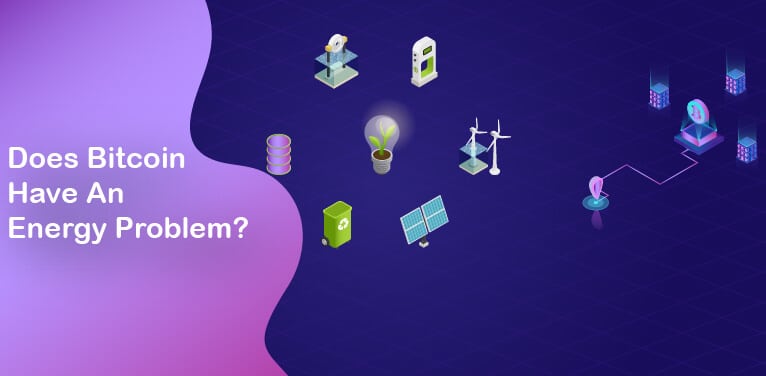The highly influential individual of our current generation, Elon Musk, has announced recently that his electric car producing company, Tesla, will stop accepting Bitcoin as payment, even though it was only a couple of months ago that they started accepting it.
The reason for this decision is because they believe that Bitcoin, with its mining process, consumes too much electricity that’s being produced by fossil fuels, specifically targeting those that are getting their energy from coal.
Is that reason justifiable to warrant such a decision? We’ll talk about how it isn’t since we can’t obtain all of the necessary data, while also looking at a recent survey’s findings that go against the company’s reasoning. But first, let’s differentiate between energy production and consumption, as well as a technology’s reliance on specific fuels.
Energy production vs. consumption.
It’s worth knowing the difference between what a machine consumes to function, and how what it consumes is being produced.
For example, if we take a look at a normal car, it consumes gasoline to function properly. To produce that fuel, it creates a high amount of CO2 in the process. The consumption of that fuel produces Carbon emissions, which results in a high carbon footprint.
Now let’s take a look at an average electric car. At the moment, it consumes electricity to run, and that electric energy is being produced mostly from fossil fuels. This is the same case with the Bitcoin network and its miners.
From this, we can see that the problem isn’t with Bitcoin’s energy consumption problem that’s harming the environment, but it’s with where that energy is coming from. After knowing this, let’s see if we can find out whether Bitcoin is consuming energy produced from renewables or fossil fuels.
How can we know how green or pollutant Bitcoin is?
The short answer is, we can’t accurately or fully know if Bitcoin miners are running on green energy or fossil fuels, because we can’t locate and identify all miners, since a decent number of them hide their activity and participation in the mining process from public view, where they’re accessing the internet using TOR, for example, to hide their tracks, which makes things a lot harder for someone to find where they are to question them.
With that said, considering the competitive nature of mining, and that the mining process isn’t tied to a specific geographical location, miners can and do move towards areas where cheap and reliable energy is provided, much of which comes from renewables like solar and natural gas.
The Bitcoin mining survey.
A survey by the Cambridge Centre for Alternative Finance was sent out to a decent number of miners to find out where they’re getting their energy from, and what they found was that 76% of miners are using green renewable energy.
Is it worth spending so much energy on Bitcoin?
The best answer for that question is with another: Is it worth fixing the world’s monetary system, from removing corruption, preventing theft, stopping inflation that devalues savings, removing full direct manipulation, and providing banking services to almost every individual on Earth, removing almost all hurdles of transporting wealth, as well as to disconnect money from governments and bring that power back to the individual?
The answer to that question seems obvious, considering that there’s a lot of benefits that the Bitcoin network provides, especially when comparing it to other technologies with a lot fewer benefits, with people not even thinking about their total electricity consumption.
